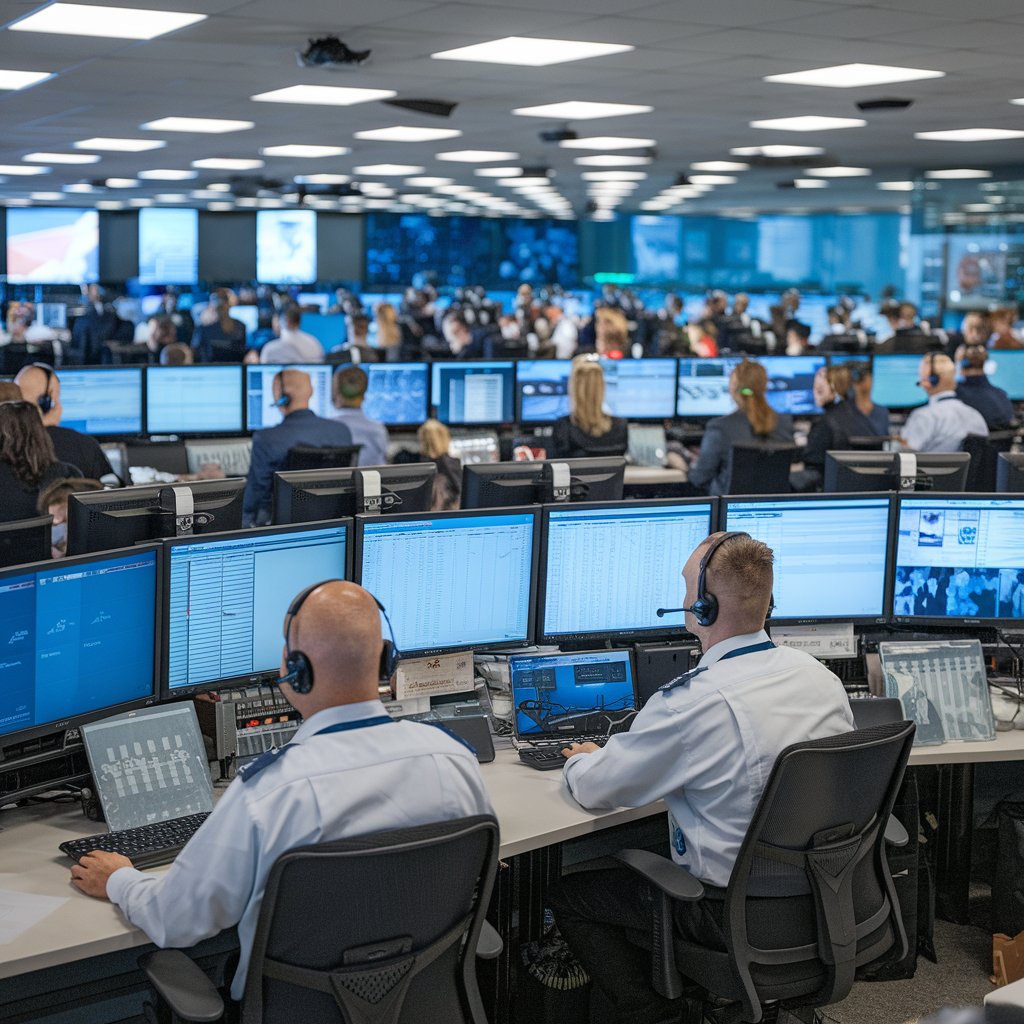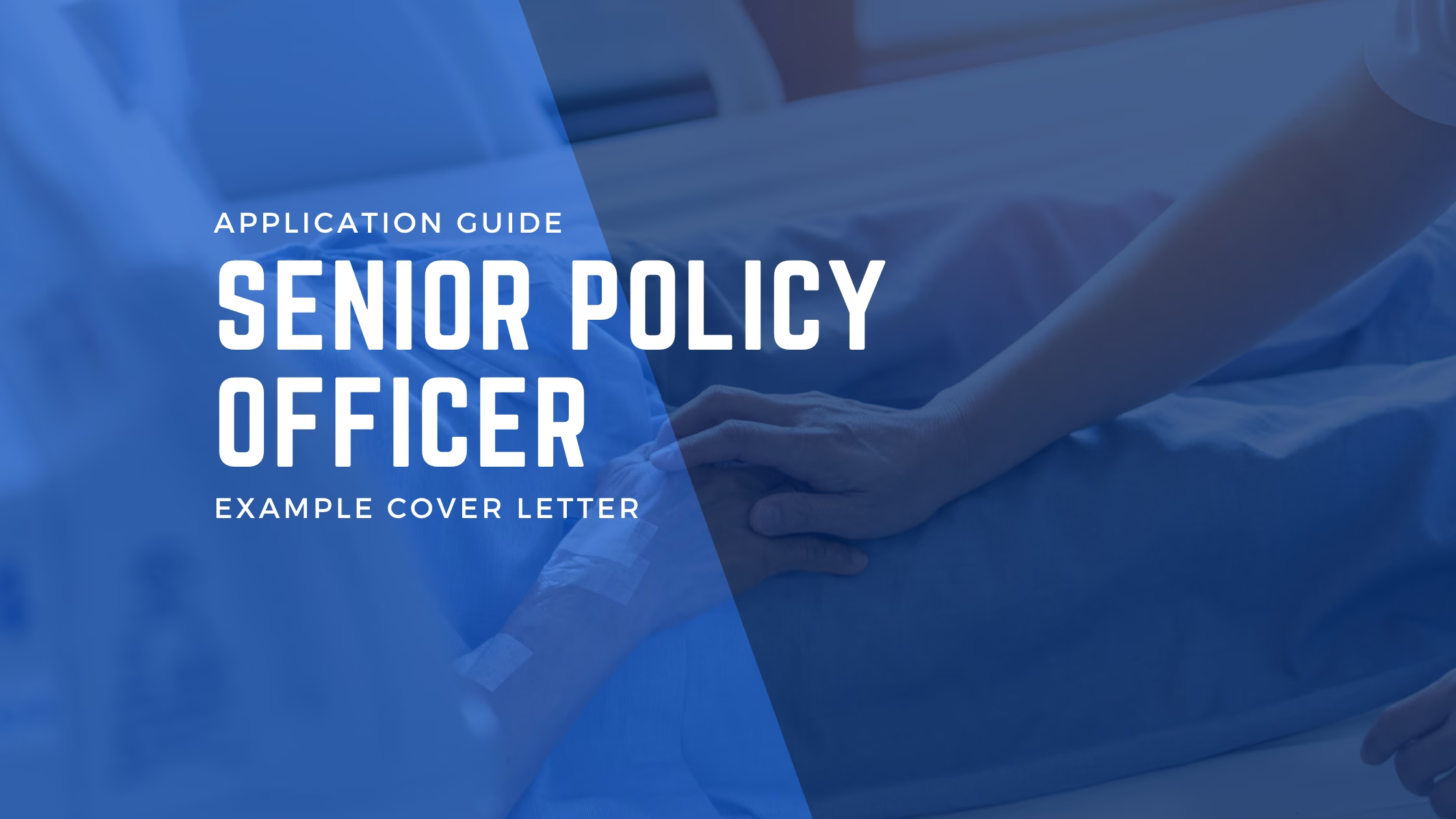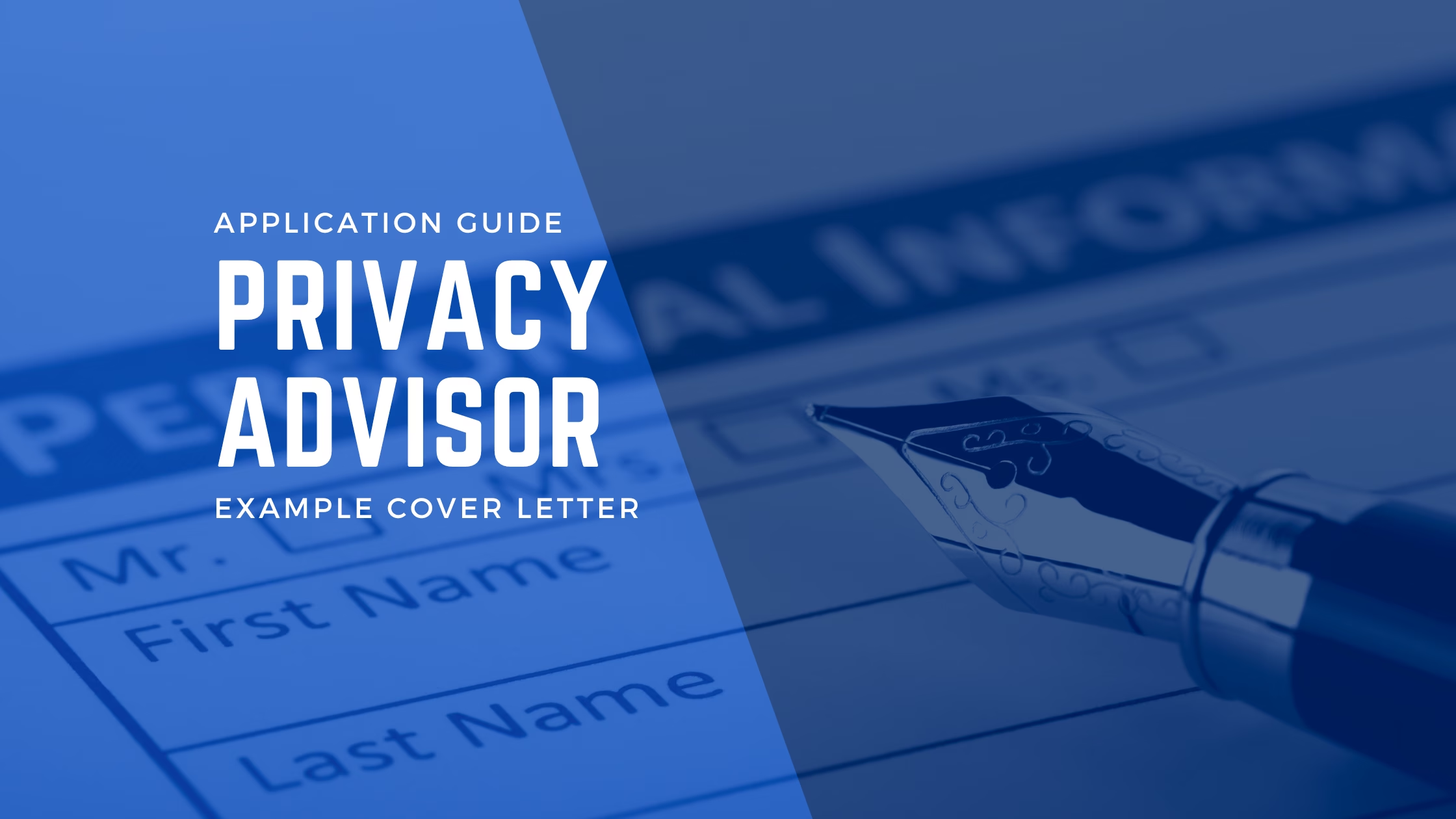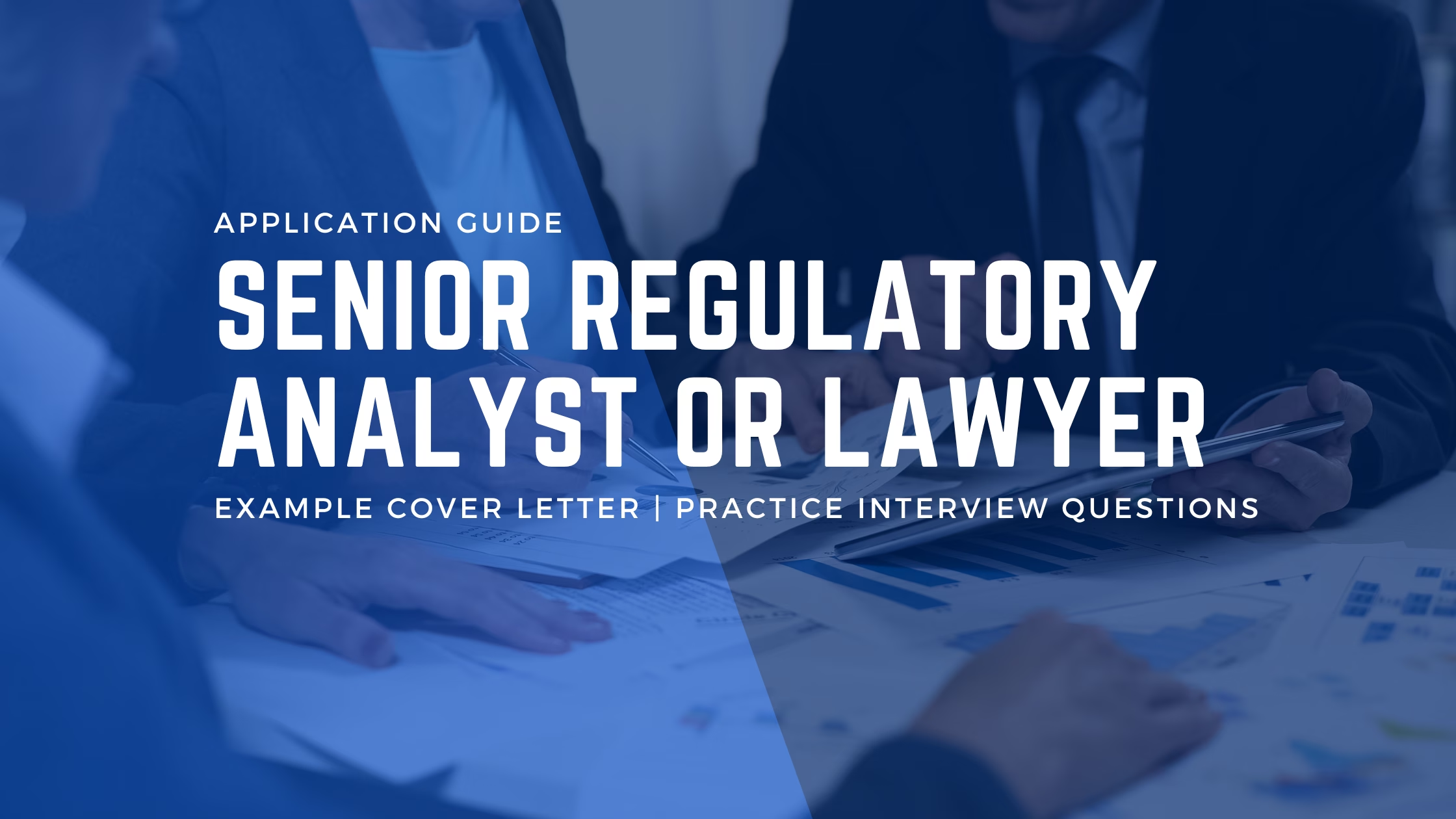Position Overview
| Position Title | Communications Officer |
| Organisation/Entity | NSW Police Force |
| Job Location | Surry Hills and Penrith, Sydney Region |
| Work Type | Ongoing Full-Time |
| Base Pay | $61,508 – $75,992 per annum |
| Closing Date | 5 January 2025 – 11:59 PM |
Police Dispatch – The role of a NSW Police Force Communications Officer
The NSW Police Force is seeking dedicated individuals to join their team as Communications Officers. As a Communications Officer, you will be responsible for tasking and coordinating police vehicles responding to incidents, processing urgent and non-urgent telephone calls, and providing timely information to operational police. Your efforts will directly support law enforcement operations and contribute to public safety across New South Wales.
The role of a Communications Officer is both dynamic and demanding. You will face high-pressure situations that require quick thinking and decisive action. Multitasking is essential, as you’ll need to handle multiple calls, coordinate responses, and relay critical information—all in real-time. Maintaining composure and demonstrating resilience in stressful scenarios are key challenges that come with this vital position.
Why I love this opportunity for you!
I previously highlighted this role when it was advertised in Regional NSW. If you took my advice, hopefully you’ve already got practice applying, or better yet, are now in the talent pool for this role across the state. If you are in the talent pool, make sure you read how to make the most of it and get a job offer.
Now that it is advertised in Sydney and Penrith, the competition is going to pick up. Read the complete guide and example cover letter below to ensure your application sits on top of the pile. If you need assistance applying, consider getting 6 weeks of one-on-one application assistance here.
Considering a career as a Communications Officer with the NSW Police Force offers numerous benefits and opportunities:
- Entry-Level Opportunity: Ideal for individuals seeking to start a career in emergency services and public safety.
- Career Growth: Potential for advancement within one of the largest police forces in the western world.
- Talent Pool and Vacancies: There are multiple roles available and you can also be considered for any vacancies in the next 18 months.
- Multiple Locations: Positions available in both Surry Hills and Penrith.
- Paid Training: Comprehensive fifteen-week paid training program to equip you with the necessary skills.
- Shift Work Benefits: Enjoy penalty rates and the variety that comes with shift work schedules.
Shift work is a standout feature of these roles, offering structured flexibility with consecutive days off for an excellent work-life balance—perfect for those who enjoy longer periods to relax or pursue personal projects. Team 3thirty’s firsthand experience shows that if you thrive in high-pressure environments and excel at multitasking, this position is ideal for you.
This role is a fantastic opportunity to start a career in public service or law enforcement support. As a Communications Officer, you’ll coordinate police vehicle responses to incidents, playing a crucial role in operational deployments. The position is dynamic, fast-paced, and rewarding, providing a strong sense of accomplishment by ensuring smooth operations and supporting officers on the ground.
Additionally, the compensation is attractive, with a competitive base salary and penalty rates for shift work. This makes the role an appealing choice for those seeking a meaningful career with ample growth opportunities.
Need help with a different role?
Get a free expert application guide and sample cover letter for any NSW Government vacancy — a must to avoid wasting time with a bad application.
Application Requirements for Communications Officer with NSWPF
To apply for the Communications Officer role, you will need to:
- Submit a cover letter (maximum 2 pages) and an up-to-date resume detailing your relevant skills and experience.
- Address the following Target Questions (300-word limit per question):
- Can you share an instance where you showed resilience and courage while handling a challenging customer situation?
- Can you describe an occasion when you had to juggle several tasks with varying levels of importance, how did you determine your priorities, and what was the outcome?
When addressing the Target Questions, ensure you are using the STAR technique to structure your responses effectively.
Essential Role Requirements
Applicants must meet the following essential requirements:
- Australian Citizen, permanent resident of Australia, or New Zealand citizen.
- Successful completion of a rigorous National Police Check and ability to obtain and maintain a Security Clearance.
- Willingness and ability to work shift work, including nights, weekends, and public holidays.
- Typing speed of at least 35 words per minute.
- Successful completion of the paid fifteen-week Training Program commencing in March 2025.
You should reference all of these in your application – make sure the hiring manager knows you can tick all the boxes.
Application Checklist
| Application Components | Status |
|---|---|
| Cover Letter (max 2 pages) | ☐ |
| Up-to-Date Resume | ☐ |
| Responses to Target Questions | ☐ |
| Addressed Essential Role Requirements | ☐ |
| Typing Speed (35 wpm minimum) | ☐ |
Understanding and Addressing Focus Capabilities
The NSW Police Force uses the NSW Capability Framework to define the skills and behaviours expected of employees. It is crucial to review the role description and align your application with these focus capabilities. Incorporate relevant capabilities into your cover letter and responses to the Target Questions to demonstrate how your experience and skills make you an ideal candidate.
Meet a candidate
Meet Isla, a dedicated professional with a background in real estate administration. Isla has spent the past five years honing customer service skills, managing high-volume environments, and multitasking under pressure. Seeking a meaningful career change, Isla is eager to apply these transferable skills to the Communications Officer role with the NSW Police Force to contribute to public safety and community well-being.
Example Cover Letter for Communications Officer with NSWPF
Dear Hiring Manager,
I am writing to express my strong interest in the Communications Officer position with the NSW Police Force, as advertised on the I Work for NSW website.
With over five years of experience in a fast-paced real estate agency, I have developed resilience, exceptional multitasking abilities, and outstanding communication skills. These experiences have prepared me well for the dynamic and demanding nature of the Communications Officer role.
Can you share an instance where you showed resilience and courage while handling a challenging customer situation?
In my role as an administrative officer at a real estate agency, I was responsible for managing sensitive customer information and ensuring all property listings were accurate and compliant with industry regulations. On one occasion, I noticed that a client’s personal details were incorrectly entered into our database, which could have led to privacy breaches and misinformation being shared with potential buyers.
Understanding the importance of maintaining customer trust and adhering to data protection laws, I took immediate action to rectify the error. I carefully reviewed our data entry procedures and identified the source of the mistake. To ensure compliance with our agency’s privacy policies and relevant legislation, I corrected the client’s information and implemented additional verification steps to prevent similar errors in the future.
Additionally, I communicated transparently with the affected client, apologising for the oversight and assuring them that their information was now accurate and secure. I also updated our internal guidelines to reinforce the importance of data accuracy and confidentiality among the administrative team.
To further support a culture of integrity and professionalism, I led a workshop on best practices for data management and compliance with real estate regulations. This initiative not only enhanced our team’s understanding of ethical data handling but also minimised the risk of future errors, thereby protecting our clients and upholding the agency’s reputation.
As a result of these efforts, the client remained confident in our services and expressed appreciation for the prompt and responsible handling of their information. This experience highlighted my commitment to behaving ethically, following organisational policies, and prioritising customer trust. By ensuring accurate data management and promoting professional standards, I contributed to a reliable and trustworthy environment within the agency.
Can you describe an occasion when you had to juggle several tasks with varying levels of importance, how did you determine your priorities, and what was the outcome?
In my role as an administrative officer at a busy real estate agency, I once had to manage multiple high-priority tasks simultaneously during the peak property market season. We were preparing for a major open house event for a high-value property while also handling daily administrative duties, such as updating listings, processing client inquiries, and coordinating property showings.
Planning and Coordinating: I began by creating a detailed action plan that outlined all tasks related to the open house alongside my regular responsibilities. I delegated specific duties to team members, ensuring that each aspect of the event was covered without neglecting daily operations.
Re-prioritising Work: As the event date approached, unexpected client inquiries and technical issues with our listing software arose. I reassessed my priorities by evaluating the urgency and impact of each task. Resolving the software issues became a top priority to maintain accurate listings, which were crucial for attracting potential buyers to the open house.
Contributing to Team Goal Setting: During team meetings, I contributed to setting clear, achievable goals that aligned with our overall objectives. I ensured my tasks supported the successful execution of the open house, understanding how my role was vital to the event’s success and the agency’s performance.
Responding to Changing Circumstances: When a key vendor for the open house cancelled, I quickly sourced alternative suppliers and negotiated new contracts to keep the event on track. This adaptability ensured the open house proceeded smoothly despite the setback.
Outcome: The open house was a success, attracting numerous interested buyers and resulting in the property selling above the asking price. Additionally, the improved listing verification process I implemented reduced errors by 20%, enhancing operational efficiency. This experience demonstrated my ability to effectively juggle multiple tasks, prioritise based on importance and urgency, and adapt to changing circumstances, ultimately contributing to the agency’s growth and client satisfaction.
Addressing Essential Requirements
I meet all the essential requirements for the Communications Officer role:
- Citizenship: I am an Australian citizen, fully eligible to work in this position.
- National Police Check and Security Clearance: I am committed to successfully completing the rigorous National Police Check and obtaining the necessary Security Clearance required for this role.
- Shift Work: I am fully willing and able to work shift schedules, including nights, weekends, and public holidays, to meet the operational demands of the NSW Police Force.
- Typing Speed: My typing speed is 50 words per minute, which exceeds the required minimum of 35 words per minute, ensuring efficiency in data entry and communication tasks.
- Training Programme: I am enthusiastic about undertaking the comprehensive fifteen-week paid Training Programme commencing in March 2025, which will equip me with the specialised skills needed to excel in this role.
I am confident that my skills and dedication make me a strong candidate for the Communications Officer position. Thank you for considering my application. I am excited about the opportunity to bring my skills and dedication to the NSW Police Force and contribute to the safety and well-being of the community. I look forward to the possibility of discussing how my background and abilities align with the needs of your team.
Sincerely,
Isla
Explain the STAR Technique
The STAR technique is a structured method for responding to behavioural interview questions by outlining the Situation, Task, Action, and Result. This approach helps you provide concise and compelling examples of your experience. In public sector applications, including the NSW Police Force, using the STAR technique demonstrates your ability to reflect on past experiences and convey your competencies effectively.
In the example cover letter, Alex utilized the STAR technique to address the Target Questions:
- Situation: Described the context of a challenging customer or a busy work environment.
- Task: Explained the responsibilities or objectives in that situation.
- Action: Detailed the specific steps taken to address the challenge.
- Result: Shared the outcomes, highlighting successes and learnings.
Employing this method in your application can strengthen your responses and showcase your suitability for the role.
Need help with a different role?
Get a free expert application guide and sample cover letter for any NSW Government vacancy — a must to avoid wasting time with a bad application.
Assessment Process for Communications Officer with NSW Police Force
If your application is successful, you will be shortlisted for a computer-based assessment. This assessment comprises the following components:
- Typing Speed: You must demonstrate the ability to type at a minimum speed of 35 words per minute.
- Data Entry: This section evaluates your speed and accuracy in processing information.
- Cognitive Reasoning and Reading Comprehension: You will be tested on your problem-solving skills and your ability to quickly absorb and process information.
The computer-based assessment is straightforward and does not require any prior knowledge of police procedures. If your typing speed matches what you’ve stated in your application, you have a good chance of progressing to the next stage.
Upon passing the computer-based assessment, you will advance to the interview and assessment centre stage. This phase is more critical and competitive than the initial computer assessment, as it thoroughly evaluates your ability to perform the role effectively.
During the interview and assessment centre, you will undergo additional evaluations, including:
- Short-Term Memory Tests: These tests assess your ability to retain information, which is essential in a fast-paced environment.
- Multi-Tasking and Decision-Making: You will be evaluated on how well you can handle multiple responsibilities simultaneously under pressure.
- Resilience and Problem-Solving: These attributes are crucial for success in this role, as you will encounter critical situations that require quick and sound judgment.
Tip: Follow the preparation tips below to enhance your chances of success. Familiarity with police procedures or watching numerous episodes of police shows will not necessarily provide an advantage.
Additionally, you will participate in a capability interview. Prepare a strong response to the question, “Why do you want this role?” Highlight your genuine interest in the position and clearly demonstrate that you have researched and understand what the role entails.
How to Prepare to be a Police Communications Officer
Preparation is essential for succeeding in any recruitment process. Here are some strategies to help you get ahead:
- Practice Your Typing: Utilize free online typing tests to assess and improve your speed and accuracy. Aim for at least 35 words per minute with 98% accuracy.
- Familiarise Yourself with the Phonetic Alphabet: Police communication often uses the phonetic alphabet (Alpha, Bravo, Charlie, etc.). Memorising this will make your job easier and improve communication efficiency.
- Practice Talking and Typing Simultaneously: In this role, you will frequently need to take notes while conversing with police officers or callers. Enhancing this skill beforehand will help you manage these tasks more effectively during the job.
By following these preparation tips, you will be well-equipped to handle the assessment process and demonstrate your suitability for the Communications Officer role with the NSW Police Force.
Preparing for the Interview
The NSW Public Service Commission provides a capability application tool with example interview questions to help candidates prepare. For the Communications Officer role, you might encounter questions such as:
- Can you provide an example of a time when you had to explain a complex idea or technical information to someone without a technical background? How did you ensure they understood?
- Describe a situation where you had to adjust your communication style to effectively collaborate with a diverse team. What strategies did you use to promote inclusive language?
- Tell me about a time when you had to quickly adapt to a significant change at work. How did you handle the transition and ensure your tasks were completed successfully?
Expect the interview to assess your ability to handle stressful scenarios, multitask, and communicate effectively. Be prepared to provide examples from your experience that demonstrate these capabilities.
Good luck!
Securing a position as a Communications Officer with the NSW Police Force is a rewarding opportunity to contribute significantly to public safety and community well-being. By carefully preparing your application and aligning your skills with the role’s requirements, you position yourself for success. Embrace the challenges ahead with confidence, knowing that your efforts can make a real difference.





